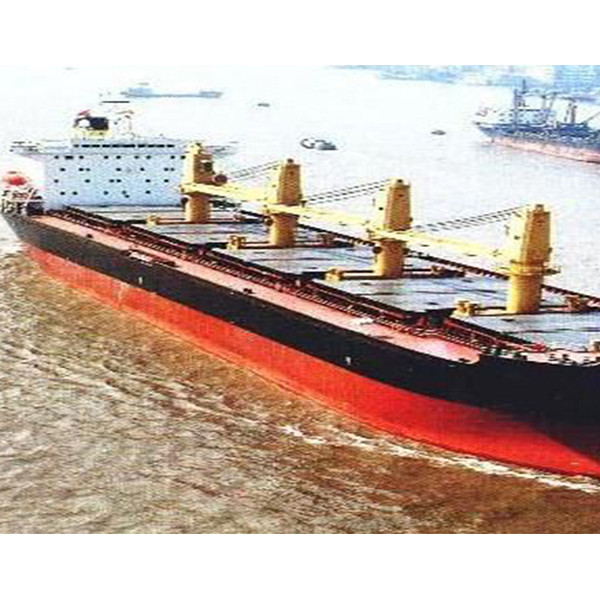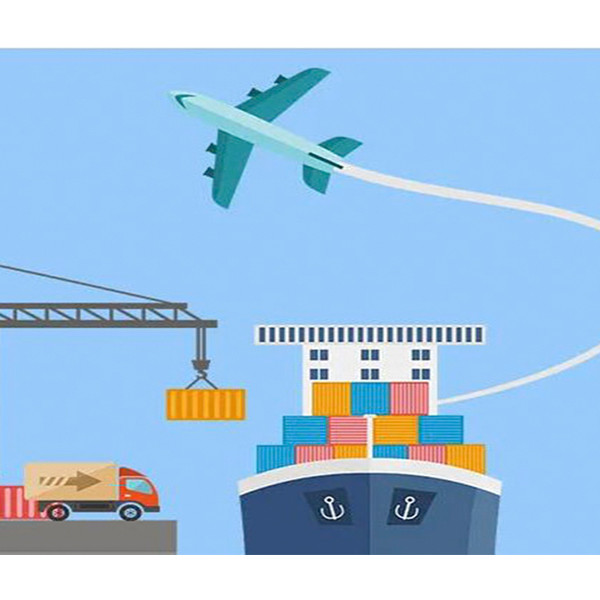Keeping prices at a level that is competitive One of the most effective ways to entice customers to shop at your online store is to offer competitive price DDU Shipping. However, this method of shipping is likely to result in a high volume of customer complaints and a decrease in the value of your customers over their lifetime. Increasing the value of your customers over the course of their lifetime can, fortunately, be accomplished in a variety of ways.
Incoterms have the potential to influence the total cost of your shipment, regardless of whether you are an importer or an exporter. These three-letter terms lay out the responsibilities that each party to a trade agreement is responsible for. Having a solid understanding of how these concepts interact with one another can assist you in making more informed decisions.
When shipping goods from one country to another, two common shipping terms that are used are CIF and DDP. CIF stands for cost, insurance, and freight, and DDP stands for delivery duty paid. Despite the fact that they are frequently interchanged, there are a few key distinctions between the two. Who should be responsible for paying taxes should be the primary consideration in choosing between CIF and DDP.
Before delivering the goods, the seller in a CIF shipment is required to complete a number of customs formalities as well as prepare a business list. In addition to this, the seller is responsible for ensuring that the goods can be unloaded at the location where the shipment will be delivered. In addition to this, the buyer and the seller are required to jointly finalize an insurance policy that will compensate either party in the event of a loss while the item is in transit. Along with the cost of shipping, the seller is required to add a certain margin.
CIF is the term that is most frequently utilized for shipments of freight that is not contained within a container. A port is an example of the kind of location that may be pre-agreed upon between the parties involved in this transaction, and the seller is responsible for coordinating the delivery of the goods to that location. A "Destination Terminal Handling Charge" (also referred to as a "DTHC") may also be included in certain circumstances. This is a fee that is charged to the destination agent in order to transfer the obligations regarding the freight cost obligations from the shipper to the consignee. This fee is frequently assessed at a premium rate, and the customer is not made aware that they are being charged for it.

Transporting your goods from Point A to Point B is not an inexpensive endeavor; however, it is possible to do so without completely emptying your bank account. We are fortunate to have a number of choices, each of which is deserving of consideration and investigation. The question that needs to be asked first and foremost is which option is suitable for your company. Not only should you think about the money and time it will take to get from point A to point B, but you should also think about the kind of service you require and the business model that will be most beneficial to your company.
Utilizing the services of a reliable freight forwarder is going to be your best bet here. They will not only be able to ensure that you are getting the most value for your money, but they will also be more than happy to guide you through the entire process from beginning to end. They may also be able to help you find the best deals on shipping and freight forwarder services, but this will depend on the specifics of your situation. If you are considering shipping your goods to different parts of the world, the first thing you should do is find out exactly what it is that you will be receiving.
Do your research before committing to the first courier you call, and don't be afraid to ask questions. You will want to do this before committing to the first courier you call. This is especially important to keep in mind if you are just starting out in the industry. You need to get a sense of their philosophy, as well as whether or not they have any hidden costs and whether or not they are as reliable as you would like them to be.

Any e-commerce company must make the important choice of selecting the most appropriate shipping method for their products. When shipping goods internationally, a business owner faces a variety of challenges that are unique to the situation and must be overcome in order to fulfill their obligations to their customers. These challenges can include ensuring that the goods are delivered in a secure and timely manner.
When trying to get a handle on the process at hand, it can be helpful to think about the various shipping options that are available. DDU and DDP are the two most common forms of delivery, and while each has perks and drawbacks, DDU and DDP are the most common. While ddp shipping is more of a streamlined process, DDU allows the merchant to take a hands-off approach to the shipping rules in the destination country. In general.
Even though delivery duty unpaid (DDU) is the easiest and most obvious way to ship internationally, it also has the potential to be the priciest option if the customer is unwilling to pay the additional fee. In addition, depending on the country of destination, DDU shipments are frequently subject to delays during the transit process. The overall satisfaction of the customer can be significantly improved by carefully considering their shipping options.
As you can see, selecting the appropriate mode of shipment can have a significant impact on the amount of money you make from sales to international customers. It will be easier for you to make the decision that is best for your company if you have a better understanding of the various shipping options that are available. You will be able to exert more control over the process as well as provide superior service to your customers if you choose the appropriate shipping method.

Matic Express is a freight shipping company that was established in 2007 and has its headquarters in Shenzhen, China. The Changsha Chaintech Supply Chian Management Co. Ltd., which has a branch in the city of Changsha in China, is located there. Shipping via sea and air, as well as shipment service via express, railroad, and truck, as well as freight on DDP, DDU, FOCL, or LCL terms are the primary focuses of our service. We deliver to Amazon warehouses as well as warehouses located in other countries.
Matic Express offers international shipping services for Amazon using a variety of modes of transportation including sea, air, rail, express, railway transport express, and trucking. Countries such as the United States of America, Canada, France, Germany, Poland, Italy, Spain, New Zealand, and the United Arab Emirates are among those where we offer our services. We can collect and deliver the item, add an Amazon label on it, book it, clear it through customs, and deliver it to your home locally.
Matic Express provides shipping options to China that include air, rail, and sea freight on top of door to door service.
Your cargo can be stored in Matic Express's own warehouses at no additional cost. Shenzhen Yiwu Ningbo Shanghai Guangzhou and Dalian are some of the cities in which you can find these warehouses. We are going to collect it from your storage facility. Cargo is delivered to our warehouse either by the suppliers with whom you work or by those whom you employ. It also provides services such as the inspection of cargo and stick labels, the measurement of weight and size, and delivery service of the goods.